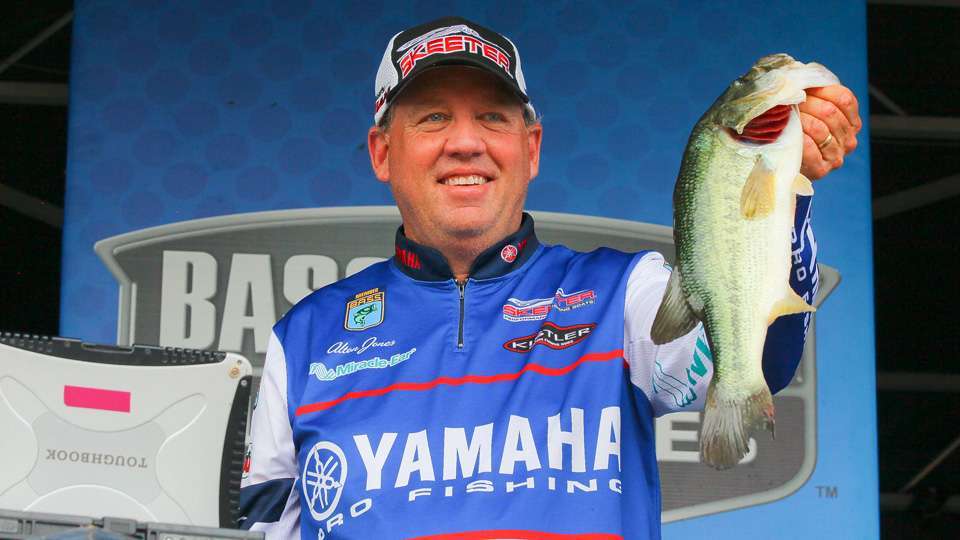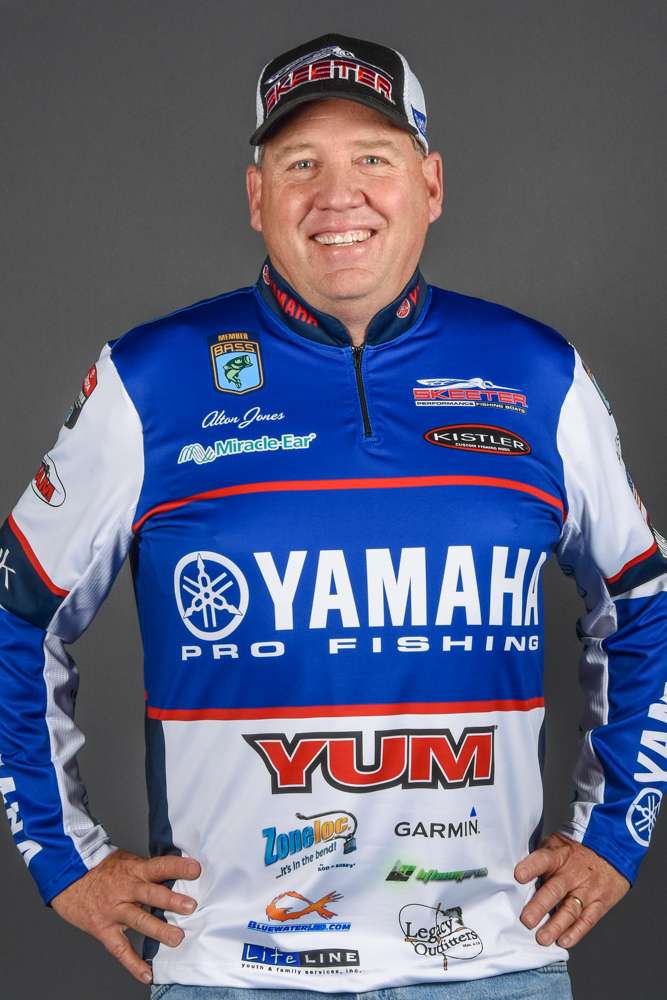
I’m 26 years into my career as a professional fisherman, and one of the most important truths I’ve realized is that consistency requires that you never stop learning. I’ve had some good opportunities to learn from both positive and negative experiences this year, and I’m happy to say that these lessons are going to make me a better angler.
For example, I’m most comfortable fishing when I’m off by myself, but on a place that fishes really small, like Ross Barnett, I tend to not do well. One two bites for you vs. someone else can make a big difference in the standings, but it can also go the other way.
I’ve learned that I need to be better at fishing in crowded areas; specifically, accepting the fact that you can’t fish a pattern because it’s likely that each spot you visit has already been fished by other guys. In these scenarios, I do think you need to bring down your expectations and just fish as hard as you can for one bite at a time.
Going forward, I need to recognize which lakes will fish small and find the spots where I can Power-Pole down and grind it out. Essentially, you have to carve out a manageable area and figure out how to catch every fish within that space.
The challenge is that my mindset is to run 40 miles and fish where no one else is fishing. But on a smaller fishery, there’s no 40 miles; there’s only 10 miles. So the key here is to make the most of what you have.
And when you’ve exhausted your area, it’s important to go more finessey than the next guy.
The fish are seeing 100 baits a day, so you have to trigger a bite by doing something that no one else is doing. I feel like I did a little better at these adjustments on Dardanelle by fishing with more flexibility and finishing in the money.
On the other hand, even when big runs are possible, getting away from the crowd can bite you — like it did for me on Rayburn. This is a place that holds a lot of fish, and it exemplified a consideration that I didn’t weigh properly: Sometimes the most important thing is just to be around the best quality fish. Where the crowd was this year just happened to be where the best fishing in Sam Rayburn typically is.
In a tough fishery where getting limits is hard, sometimes fishing in a crowd can be a mistake. But in a place like Rayburn where there’s an abundance of fish — with big fish found all over the lake — it’s often best to fish in those known areas and know that you’re going to get your shots.
In hindsight, that’s what I should have done, but I let my desire to fish by myself overrule other well-known factors about the lake. That’s what amazes me about this game: No matter how long you do it, you still make wrong decisions.
Then again, what may look like the wrong decision on paper can end up being the right decision on the water. Fishing is such a dynamic sport and there’s no scientific formula that you can put down to guarantee success. It’s more art than science, because just as an artist simply paints what he’s feeling, sometimes as an angler, you have to go with your feelings and trust your learned experience.
I believe if you do this well, the averages will work in your favor. Sure, it’s going to burn you at times, but it’s also going to save you at times. Ideally, it’s a blend of sticking with what you know works, but leaving some flexibility to adjust as needed.
Big lakes like Rayburn and Toledo Bend are constantly changing, so going in with pre-conceived ideas based on how the lake fished the last time you were there is a losing proposition. You have to learn from the fish in real time.
You never reach a plateau in fishing; you’re always pushing forward and climbing upward in your knowledge. That’s what I love about bass fishing — it’s always a thinking man’s game.
To that point, one of my favorite quotes says: “The charm of fishing is the pursuit of that which is elusive, yet attainable; a never-ending series of opportunities for success. So there’s hope on every cast and we all need hope in our lives. And fishing provides that on every single throw.”

